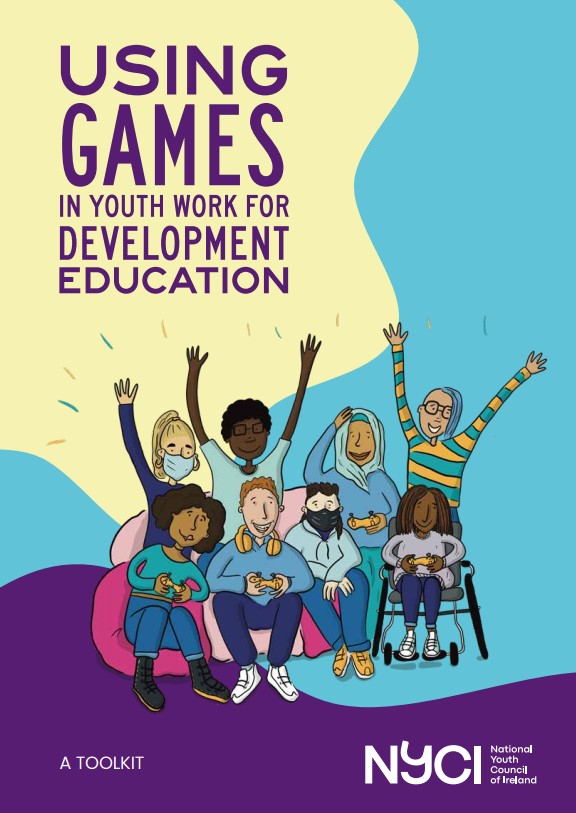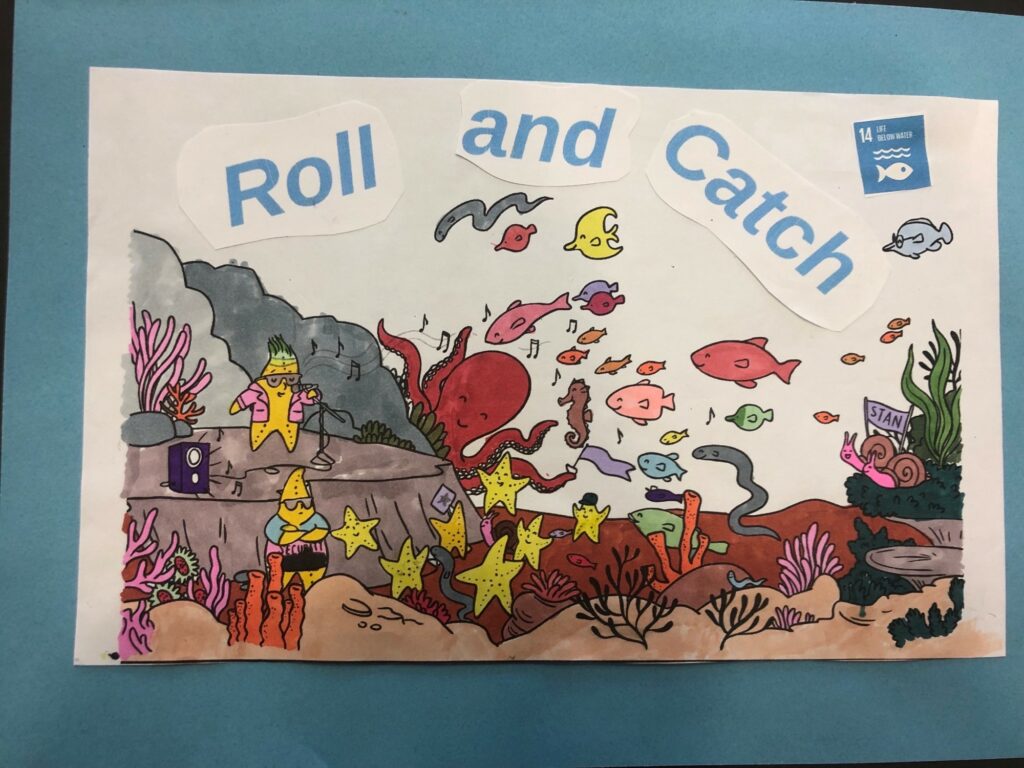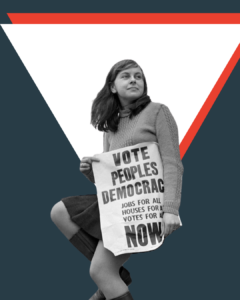
Screenshot from Project Honduras. Produced by Trócaire.
Gamification is a word we are seeing more and more in education, but what is it, what are its benefits, and how can you get involved?
After attending Trócaire’s Game Changers event last year, Kai Evans takes us through
What is ‘gamification’?
Gamification is defined by the National Youth Council of Ireland as
‘the application of typical elements of game playing to other areas of activity. These can be in solving problems, in developing teamwork or in motivating people to complete tasks and develop new skills. Gamification does not turn activities into games but rather uses parts of a game to make activities more interesting and fun.’
In a practical sense, this means using games to teach people about certain topics. This is particularly useful in the development education sector, where topics can often be complex and difficult to understand, particularly for younger people.
Why should we use games?
In short, because they work.
Firstly, games ‘increase individuals’ motivation to engage with issues, products and learning experiences.’ This motivation can either be intrinsic or extrinsic.
Intrinsic motivation is when people participate simply because they are enjoying the activity, rather than any external reward. This is generally better for long-term engagement while extrinsic motivation, where people engage as there is some external reward or prize, is better for getting people interested in a new topic or issue.
Secondly, the variety of games available means there is something for everyone. There are three main types of games that can be used for development education; board games, card games and computer games (also known as video games).
Thirdly, all educators already use gamification very regularly. In the classroom, this may involve races to complete a task, quizzes, or collecting stickers to encourage certain behaviours.
These are all a form of gamification, and are widely known to be effective in the classroom. Therefore, expanding this to educate people about global development issues is often not as daunting to teachers and students alike.
Finally, computer gaming is the fastest growing entertainment medium on the planet, and the European Commission estimates 90% of European 11-14 year olds play games online. Clearly, gaming is already something that is extremely popular and engages young people.
- For more information on why games are useful, and how to use and develop them can be found in the Using Games in Youth Work for Development Education handbook.
How can I get involved?
Trócaire’s Game Changers recently completed its fourth edition of an annual competition programme that supports a process ‘for young people who want to change the world and believe games are a way to do this.’
Students develop, produce and submit a game based on one of the 17 UN Sustainable Development Goals. These can either be a card game, a board game or a video game and can be submitted either in the Primary, Post Primary or Youth categories.
My colleague, Niffy Olamiju, and I were fortunate enough to attend the competition final in the Lighthouse Cinema in Dublin in May 2022 and see the 28 finalists (out of 212 entries!). We were blown away by the creativity, talent and knowledge of the participants. Games from all over Ireland taught us about gender equality, ocean pollution, sustainability, poverty, hunger, climate action, farming and global health – to name just a few!
Some games used pre-existing ideas and adapted them to focus on development issues, such as Planet Pursuit (Trivial Pursuit), Trócaire Twister (Twister) and Sustainable City Builder (Minecraft), while others came up with fantastic original ideas, such as Roll and Catch and Defeat the Virus.
It was a great day out for all involved as participants got to play and vote on each other’s games. It really showcased just how helpful games can be for engaging young people in global issues. A special mention must go to the six winners:
Primary Category
First Place – Achill Sound National School, Co. Mayo – Roll and Catch
Second Place – Groggan Primary School, Co. Antrim – Oceans Alive
Third Place – Mercy Convent Primary School, Co. Kildare – UN Goal Choose Your Path / Scoil Róise, Co. Galway – Bin it to Win it!
Post Primary/Youth Category:
First Place – Loreto College Coleraine, Co. Derry – Planet Pursuit
Second Place – Sacred Heart School Tullamore, Co. Offaly – The Consequence Games
Third Place – St. Mogues College, Co. Cavan – Zero Hunger.
- For more in the gamification series check out Let’s learn about global justice but make it fun! 10 games to include in your development education practice by Niffy Olamiju.






